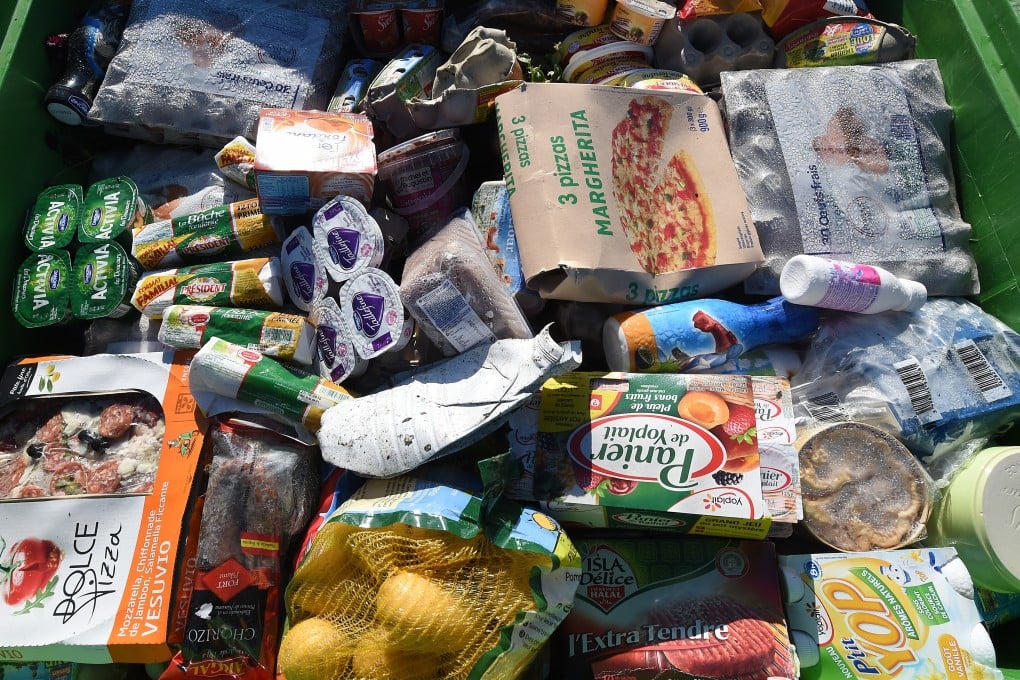Advertisement
Opinion | Bring your own food container, or let Hong Kong drown under waste that could fill 48 IFC buildings
- Hong Kong’s population now generates enough disposable food and drink containers to fill the IFC building 48 times over every year
- With the city’s appetite for takeaways having doubled during the pandemic, it is time for municipal waste charging and a ban on single-use plastics
Reading Time:4 minutes
Why you can trust SCMP
5

Having doubled during the coronavirus pandemic, Hong Kong’s appetite for takeaway meals has produced more disposable packaging waste than the city is equipped to deal with.
The city’s culture of convenience has made consumers no stranger to dining on-the-go. Even before the pandemic, each Hongkonger ordered an estimated average of 170 takeaway meals and 180 to-go drinks every year.
In Hong Kong, over 70 per cent of all municipal solid waste was sent to landfills in 2019. The city’s recycling rate reached a 20-year low in 2018, in part driven by the public’s general distrust of the efficacy of the city’s recycling schemes.
Advertisement
Of the limited material that does get recovered for recycling, plastic makes up less than 5 per cent – and hardly any of it is from takeaway food or drink containers.
IMPACTS OF THE PANDEMIC
Advertisement
With a rise in delivery and takeaway meal orders, the mass of single-use packaging waste generated from these meals has grown immensely. The Hong Kong population now generates enough disposable food and drink containers to fill the IFC building 48 times over every year.
During the pandemic, Hong Kong consumers were shown to have the highest preference for takeaway food out of eleven Asian economies, including: the Chinese mainland, Indonesia, Japan, Malaysia, the Philippines, Singapore, South Korea, Taiwan, Thailand, and Vietnam.
Advertisement
Select Voice
Select Speed
1.00x
